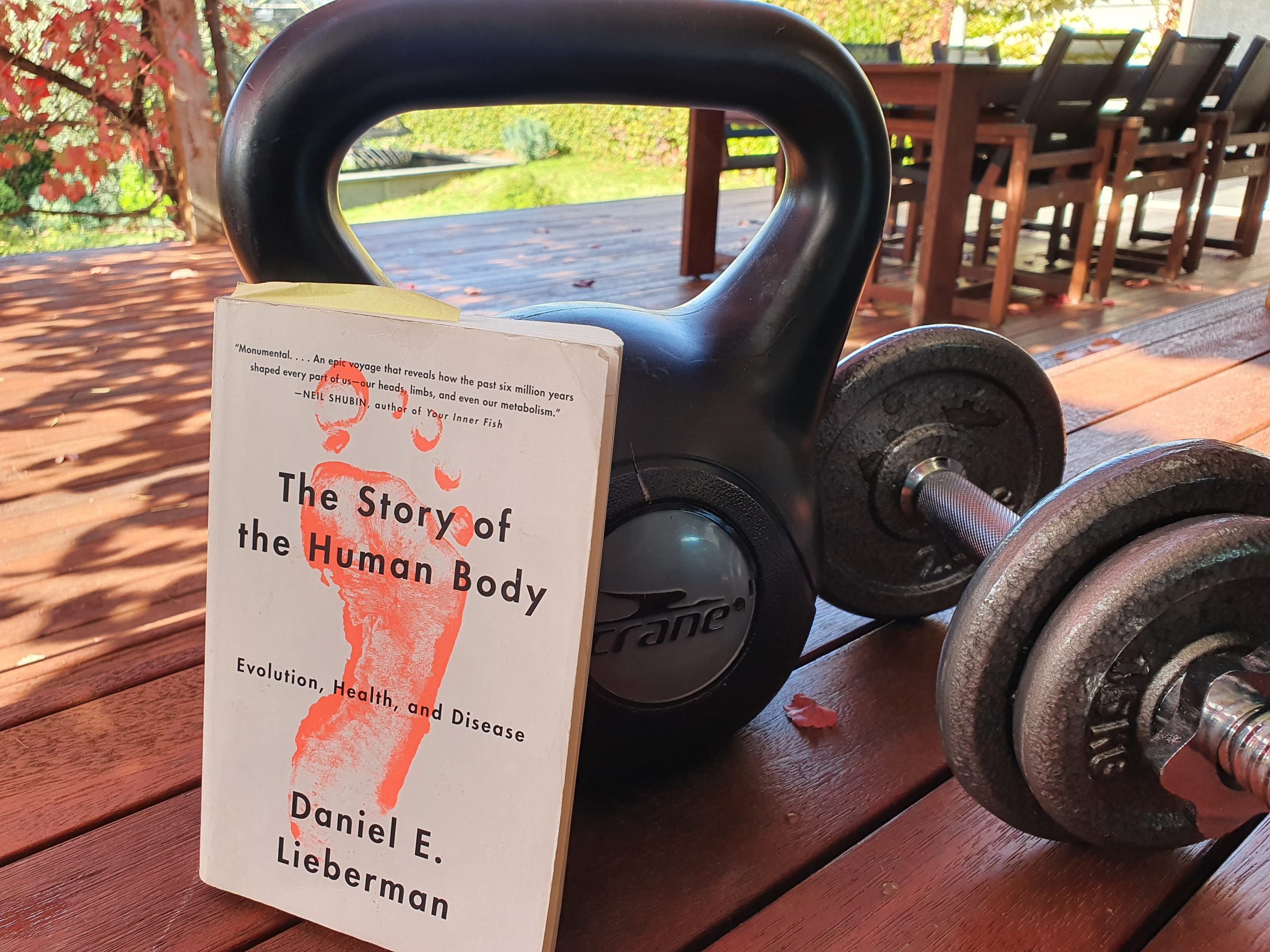
Regardless, both authors had similar impulses: to communicate science, medicine, history, geography, what-have-you, simply, for anyone to read. Far more than Bryson, Stokes Brown is now seen as somebody with an important approach to history: that human history cannot be fully understood without taking a much longer view of history in general, human and otherwise. It was called Big History: From the Big Bang to the Present. Bryson's celebrated book was the sort of thing academic historians today have a phrase for: "big history." Just four years after A Short History was published, the historian Cynthia Stokes Brown released a book with a similar scope.

Of course we loved A Short History - as did everybody else, it seems. It's easy to imagine precocious teenagers reading Bryson's new book, The Body: A Guide for Occupants, in much the same spirit. When I was a teenager, I had an argument with a close friend about Bill Bryson.īoth of us were competitive debaters, which meant we actively sought out sweeping, magisterial works like A Short History of Nearly Everything - something from which we could glean as much as possible from as little as possible.

Your purchase helps support NPR programming. Close overlay Buy Featured Book Title The Body Subtitle A Guide for Occupants Author Bill Bryson


 0 kommentar(er)
0 kommentar(er)
